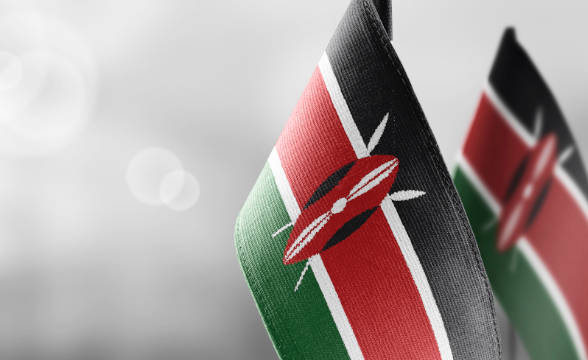Authorities in Kenya have flagged lucrative jackpot wins as potential money-laundering activities. The review was launched by Fred Matiang’i, the interior cabinet secretary, and noted that the owners of the betting companies may launder billions of shillings through the wins.
Kenyan Laws Don’t Require Operators to Report Suspicious Activities
Current laws in Kenya state that operators are not obliged to report any types of suspicious activities to the country’s Financial Reporting Center. The FRC is a government authority that is charged with potential illegal cash.
The report filed by Matiang’i stated that the risks were assessed to be too high for the owners of the betting operators.
It also read that the sports betting proceeds could be commingled with crime funds and then given as winnings. Not only that but there may be a collision as to who takes these winnings.
Finally, the report stated that the winnings could either be taken back to the crime syndicate or “transferred outside of the country.”
At the moment, jackpots in Kenya have an average high of $2.1 million as the government introduced measures that will control excessive wagering. These measures include tax increases for players and operators.
The Central Bank of Kenya Will Monitor Suspicious Bets
As the jackpots have been ruled as potential money-laundering activities, the Central Bank of Kenya (CBK) announced that it will start monitoring bettors that deal with large transactions. The bank explained that these punters are likely to put huge chunks of their money in betting wallets and stake a small fraction of them.
Hence, the bank will monitor all bettors – those that make small, regular and larger/more suspicious bets.
Since operators are not obliged to share suspicious activities, it is a bit hard for FRC to deal with illicit transactions. However, the regulator flagged SportPesa for potential AML breaches and accused the operator of sending KES3.3 billion ($26.4 million) of offshore accounts in 2020.
The case was brought to the country’s High Court and SportPesa ended up winning. Hence, the Betting Control and Licensing Board (BCLB) was forced to lift the suspension of the operator.
Most recently, BCLB reported that most operators in the country haven’t been able to comply with the rules to obtain a license. The rules state that in order to receive a license to operate, operators need to be greenlit by regulatory bodies, which they are not. As a result, many bids for new licenses and license renewals have been denied. Matiang’i also spoke about illegal gambling websites, which happen to be a major problem for Kenya. He said that these operators are able to target Kenyan players with ease as they are unchecked and noted that the country would have to dedicate a lot of resources to combat them.


